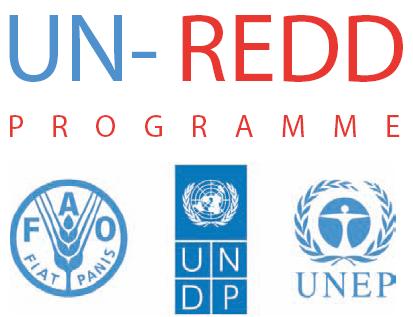
The World Business Council for Sustainable Development (WBCSD) presented its key Action2020 business solutions related to forests and climate change at last night’s plenary dinner of the UN-REDD Programme’s 11th Policy Board meeting in Geneva.
UN-REDD invited the WBCSD’s Managing Director of Natural Capital, James Griffiths, to give private-sector perspectives on reducing deforestation, and the importance of sustainable forest management to the more than 100 delegates from 25 countries participating in the Programme’s bi-annual governance meetings.
With its members, the WBCSD has developed robust societal “must-have” targets and business solutions related to forests and climate change, as a core priority area in its new Action2020 initiative. This science-based action plan seeks to engage companies to implement impactful, measurable and scalable business solutions and improve the business case for sustainability. A key climate change business solution within the Action2020 plan aims to leverage “Forests as Carbon Sinks”. Watch the WBCSD’s latest video explaining the forests as carbon sinks business solution.
“Forests are nature’s best carbon, capture and storage solution,” said Mr. Griffiths. “Active and sustainable management of natural and planted forests can help avoid and reduce emissions; absorb and store carbon (including forest products); reduce forest degradation and help stop deforestation; and create multiple co-benefits, ranging from biodiversity conservation to improved local livelihoods and the generation of renewable raw materials for a broad range of everyday applications.”
Mr. Griffiths stressed UN-REDD delegates that global companies can, and need to play a leading role in sustainable forest management and the scaling-up of REDD+. He underscored that they will be the suppliers of carbon credits through sustainable forest management projects and products, as well as the buyers of carbon credits to offset unavoidable manufacturing emissions. Global companies can also reward effective forest management via sustainable procurement of industrial inputs, such as packaging and food, and screenings their investments for impacts on forests.
“For scale-up, REDD+ must incentivize the full range of sustainable forest management activities, not just avoided deforestation,” said Mr. Griffiths. He added that REDD+, when implemented using a phased approach (i.e., readiness preparations àpolicies and measuresàleading to performance based payments combined with robust social, economic and environment safeguards), will ensure carbon credits deliver on a broader range of co-benefits.
In the run-up to the UNFCCC COP 21 in Paris in 2015, Mr. Griffiths encouraged the UN-REDD Programme to actively develop its involvement with private sector actors. “The WBCSD is one platform that can provide a link to global companies from a range of sectors, including the 26 leading companies responsible for nearly 40% or US$130 billion of the world’s annual forest, paper and packaging sales,” said Mr. Griffiths.
- CBCSD and Members Participated and Suggested on the Project for Technical Regulation on Low-carbon Pilot Community
- CBCSD and Members Participated in the APEC Cooperation Network Construction Forum of Green Supply Chain
- Calculation Method of CO2 Emissions in Petroleum and Natural Gas Exploitation Enterprises & Calculation Method of CO2 Emissions in Water Network of Chemical Enterprises
- CBCSD Attended the Workshop for Environmental Protection and Sustainable Development and Delivered Introductions
- WBCSD: Tackling the Challenge, How to Make Informed Choices on Forest Product?
- The National New-Type Urbanization Plan Released, Board Members of CBCSD Help the Sustainable Development of Cities
- Board members of CBCSD Actively Participated in the Carbon Trading and International Climate Change Process
- Two industrial Standards Compiled by CBCSD Passed Examination
- Widespread Use of the Achievements Businesses Energy Saving and Greenhouse Gas Management
- CBCSD held Chemical industry enterprise value chain (range 3) greenhouse gas emissions, accounting and reporting guidelines


